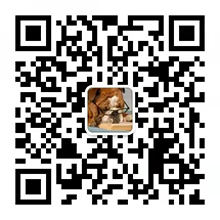现在进行时用be动词,结构:be动词+动词ing形式。一般将来时要用be动词,结构:be going to +动词原形。一般现在时、一般过去时变一般疑问句因为没有be动词,所以要借助助动词提问。一般现在时借助助动词提问要看人称,如果是主语第三人称单数,用助动词does提问,其他人称主语用do提问。
be的用法
现在时 I am,you are,he is,we are,you are,they are (缩略式 I&39;m,you&39;re,he&39;s,we&39;re,you&39;re,they&39;re),(否定缩略式 I&39;m not,isn&39;t,aren&39;t),过去时 I was,you were,he was,we were,you were,they were(过去时否定缩略式 wasn&39;t,weren&39;t),过去分词 been,现在分词 being。
1、 be +现在分词,构成进行时态,例如:
They are having a meeting. 他们正在开会。
2、 be + 过去分词,构成被动语态,例如:
The window was broken by Tom. 窗户是汤姆打碎的。
3、 be + 动词不定式,可表示下列内容:
a. 表示最近、未来的计划或安排,例如:
He is to go to New York next week. 他下周要去纽约。
说明: 这种用法也可以说成是一种将来时态表达法。
b. 表示命令,例如:
You are to explain this. 对此你要做出解释。
c. 征求意见,例如:
How am I to answer him? 我该怎样答复他?
d. 表示相约、商定,例如:
We are to meet at the school gate at seven tomorrow morning. 我们明天早晨7点在校门口集合。
现在进行时:
构成:主语+be+动词ing〔现在分词〕形式
第一人称+am+v-ing
第二人称+are+v-in
第三人称+is+v-ing
定义:现在进行时表示现在或当前一般时间正在进行的动作。可以表示有计划的未来。也是一般现在时表将来。



